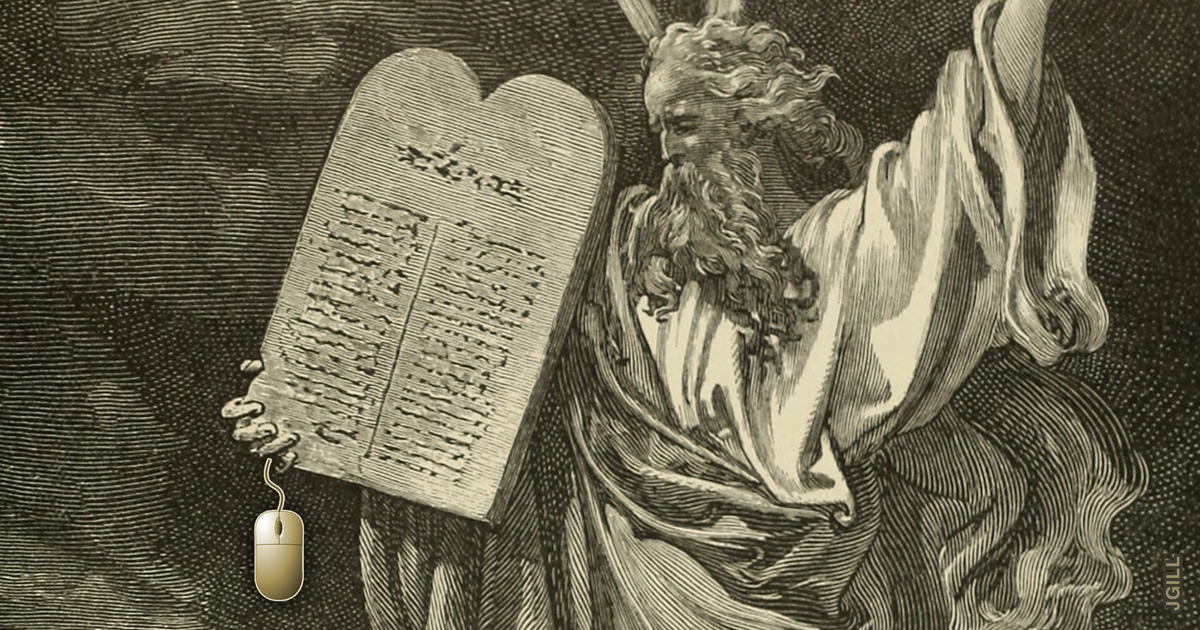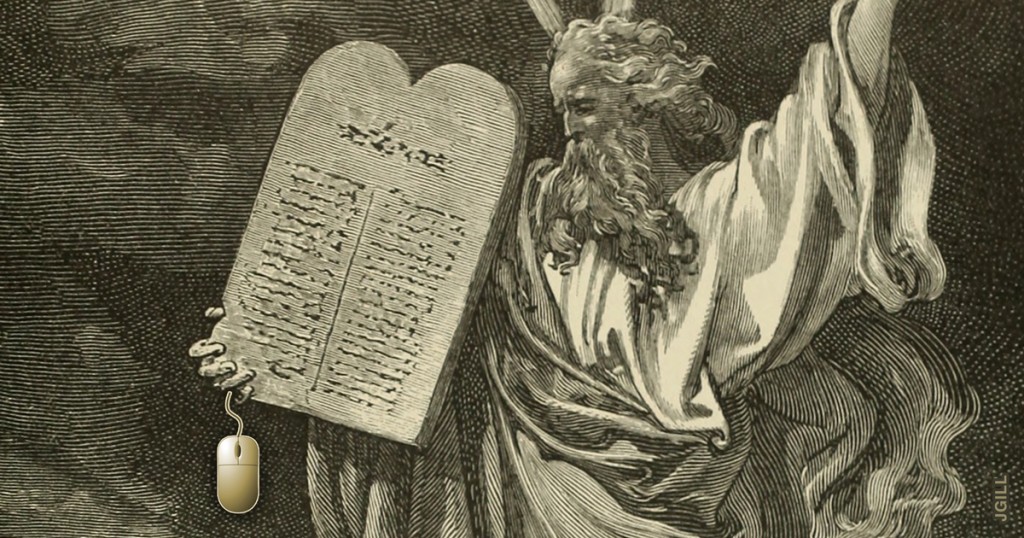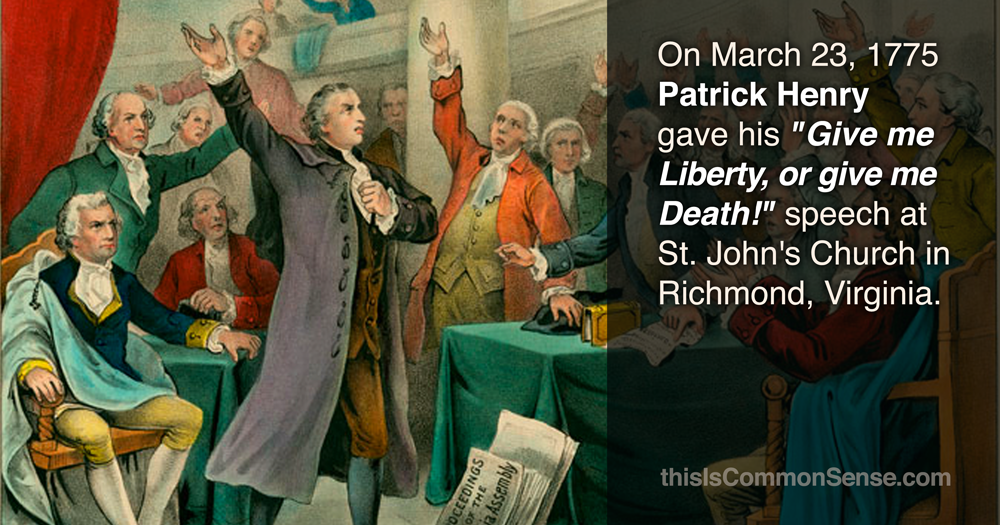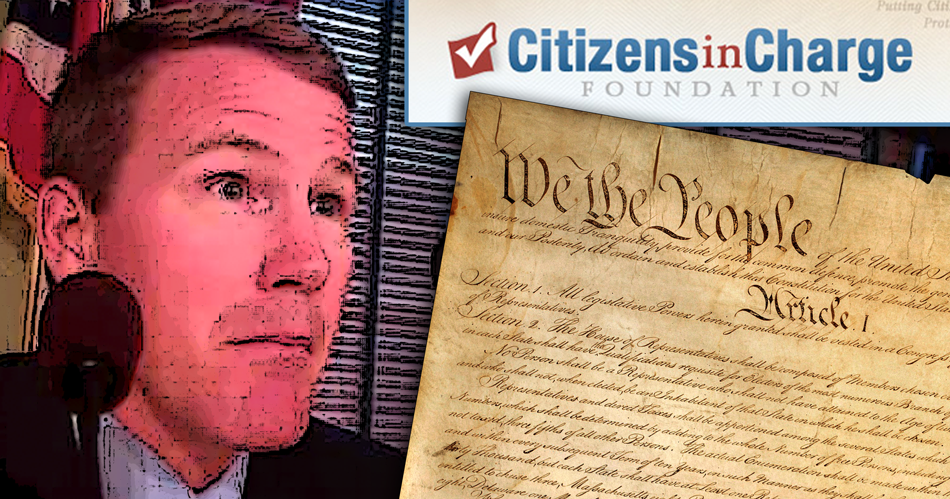“March comes in like a lion, goes out like a lamb.”
Tell that to Indiana Governor Mike Pence, whose signing of the Religious Freedom Restoration Act (RFRA) into law at the end of March created a roaring controversy.
Does the law enable discrimination? Or protect religious freedom? Or both? Neither?
An Associated Press report explains: “Religious freedom laws like the one causing an uproar in Indiana have never been successfully used to defend discrimination against gays — and have rarely been used at all, legal experts say.”
Of course, discrimination continues. In 2014, a Texas restaurateur refused service to a gay couple. As a FindLaw.com article explains, the 1964 Civil rights Act “only prohibits discrimination on the basis of color, race, religion, or national origin, and says nothing about sexual orientation.”
So some states, such as New Mexico and Oregon, added legal protections for sexual orientation. But that’s led to reverse violations of rights — facing a $150,000 fine, a bakery closed its shop after the Oregon Bureau of Labor and Industries ruled it violated a lesbian couple’s civil rights by declining to make a wedding cake; a New Mexico photographer was found guilty of violating the state’s Human Rights law for declining to photograph a gay couple’s commitment ceremony.
In times’ past, both state and private violence enforced invidious racial discrimination. Thankfully, those days are gone — cafes, hotels and stores are open to all.
But the civil rights laws that prohibit discrimination in public accommodations cases are distinct from forcing photographers or florists or flutists to personally participate in a ceremony they choose not to.
This is Common Sense. I’m Paul Jacob.








